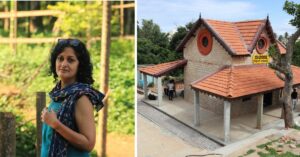MBA Grad, Harvard Alum’s ‘Smart Building System’ Saves Up to 70% on Energy Bills
It took Garima Bharadwaj and Gaurav Bali almost two years to come up with an integrated Building Intelligence Operating System (BIOS) — a wireless, energy-efficient device. Here's why they came up with their Mumbai-based startup Enlite Research.

Imagine walking in early to work. A contactless access control device detects your presence from 10 meters away. The device’s authentication identifies your presence, while an app on your smartphone marks your login time and attendance.
Sensory detectors track your movement to your department and turn on the lights and the air conditioning for you. The air quality and even sound levels are refreshed every 15 minutes. As more people start pouring in, the sensory devices automatically adjust temperatures to optimal levels.
Though this may sound futuristic, it is, in fact, ready to be installed, thanks to a Mumbai-based startup’s ‘Building Intelligence Operating System (BIOS)’ — an integrated solution and an upgraded version of a ‘Building Management System’ (BMS).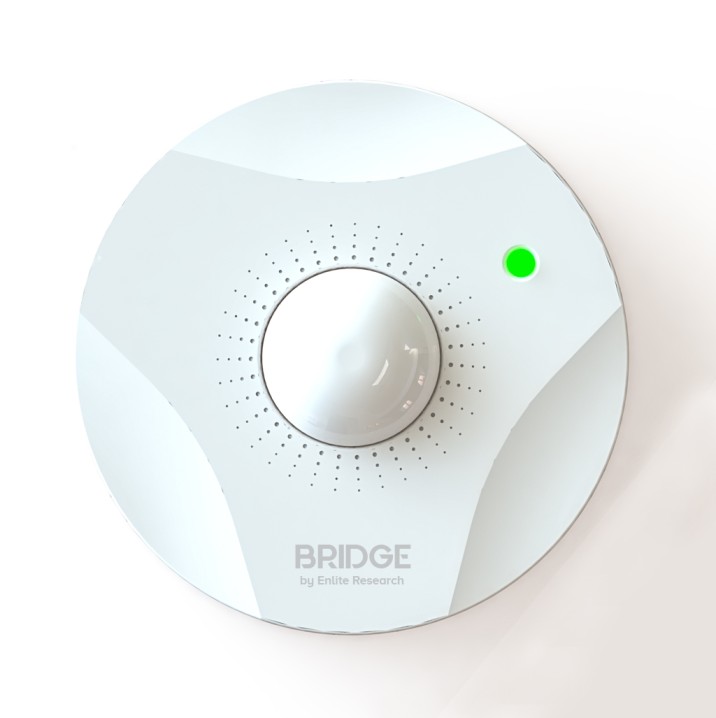
“When we started the company in 2018, we focused on energy management, which we deployed at Tata Project, CBRE group, Just Dial and WIPRO. It was overtime that we came up with an integrated offering,” says Garima Bharadwaj, co-founder of Enlite Research.
“BIOS is a modular, flexible BMS in that you can choose the modules you want to apply to your building. In ISS we have already deployed a solution which tracks compliance, energy, comfort, occupancy levels and washroom efficiencies,” she says, adding, “Access control is a new solution developed during the lockdown and this month we deployed it in one of the outsourcing companies in the Mumbai-Thane area.”
But how does a former Bachelors in Engineering student, with a stint in an IT firm, become an MBA graduate and go on to build a cost-effective and energy-saving building system?
Creating a ‘smart building.’
“Often, people who are building technical solutions are not so technical themselves. Take Elon Musk, for example, who did not know automobiles. The only thing I knew was I wanted to have my own startup as I had largely worked in this space,” says an enthusiastic Garima.
The 34-year-old joined OYO in 2014. “I was one of the first few OYO employees,” says Garima, who was assigned the task of onboarding and standardisation of hotels. While the standardisation referred to linen, toiletries and breakfast, Garima began to think of standardising buildings for ambience, air quality, temperature, energy efficiencies and more. “Small and medium-sized buildings are not constructed following any standards or protocols, so there is no provisioning on the HVAC (heating, ventilation, and air conditioning) side,” she says.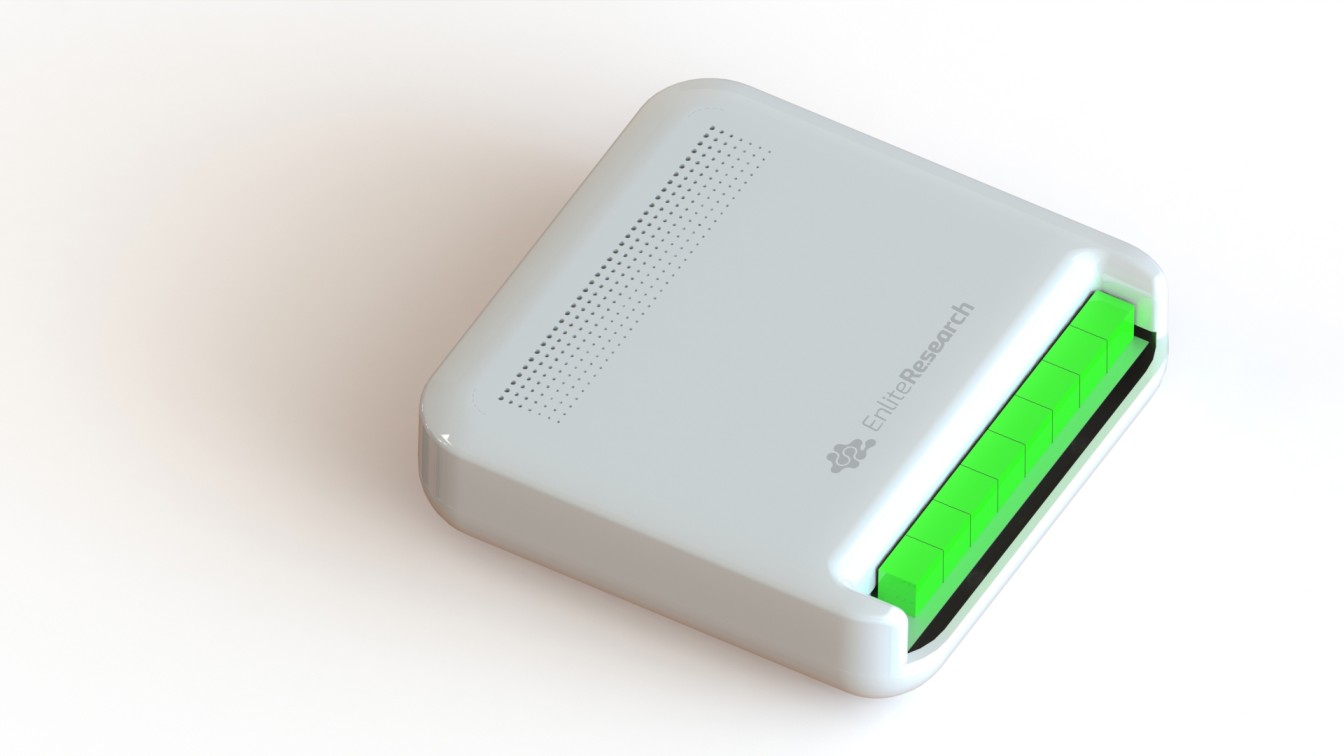
She met her business partner and co-founder of Enlite, Gaurav Bali, a Harvard Business School alum, in 2016, while working at OYO. Gaurav, another resident of Mumbai, says he is passionate about their initiative because, “The challenge in hand to create a sustainable business model for environmental measures that are achievable in the day-to-day running of small and medium-sized companies/infrastructures, is the reason that keeps me going every day.”
“We often discussed ways for building standardisation. At that point, what seemed like the biggest pain point to us was energy wastage in the small and mid-sized commercial segment,” Garima says, adding, “We found the lack of a BMS is one of the biggest reasons of energy wastage, which is a whopping 30%.”
In 2017, the duo heard of Professor Krithi, who was carrying out energy efficiency experiments in his IIT Bombay SINE lab with AI aid. “He was using tech to power lights and fans, but we thought of launching this on a larger scale. We took his mentorship and did year-long market research and interviews when we finally launched Enlite Research as a deeptech company (using IoT & AI),” Garima says.
In 2018, the duo hired many PhD students from the SINE IIT Bombay lab and launched a commercial offering in energy management. Over time, Enlite evolved to give birth to an integrated offering – BIOS.
Cost-effective, energy-efficient
Garima says that setting up their BIOS system is as easy as “setting up your new phone”. “A traditional BMS is wired, which is heavy on CAPEX. With us, it is more of a DIY (Do It Yourself) set up, since our systems are wireless. It takes a few hours to complete. We also provide a manual for step-by-step completion. So deployment costs are also reduced,” she says.
BIOS uses deeptech (AI & IoT) to go beyond the traditional BMS in real-time monitoring and controlling hard and soft services in a building like HVAC, lights, AQI (air quality index) and safety and surveillance, access, asset, visitor management. The system learns the building such as occupancy patterns, local weather, heat load, etc. to regulate and save energy, thereby curbing GHG (greenhouse gas) emissions.
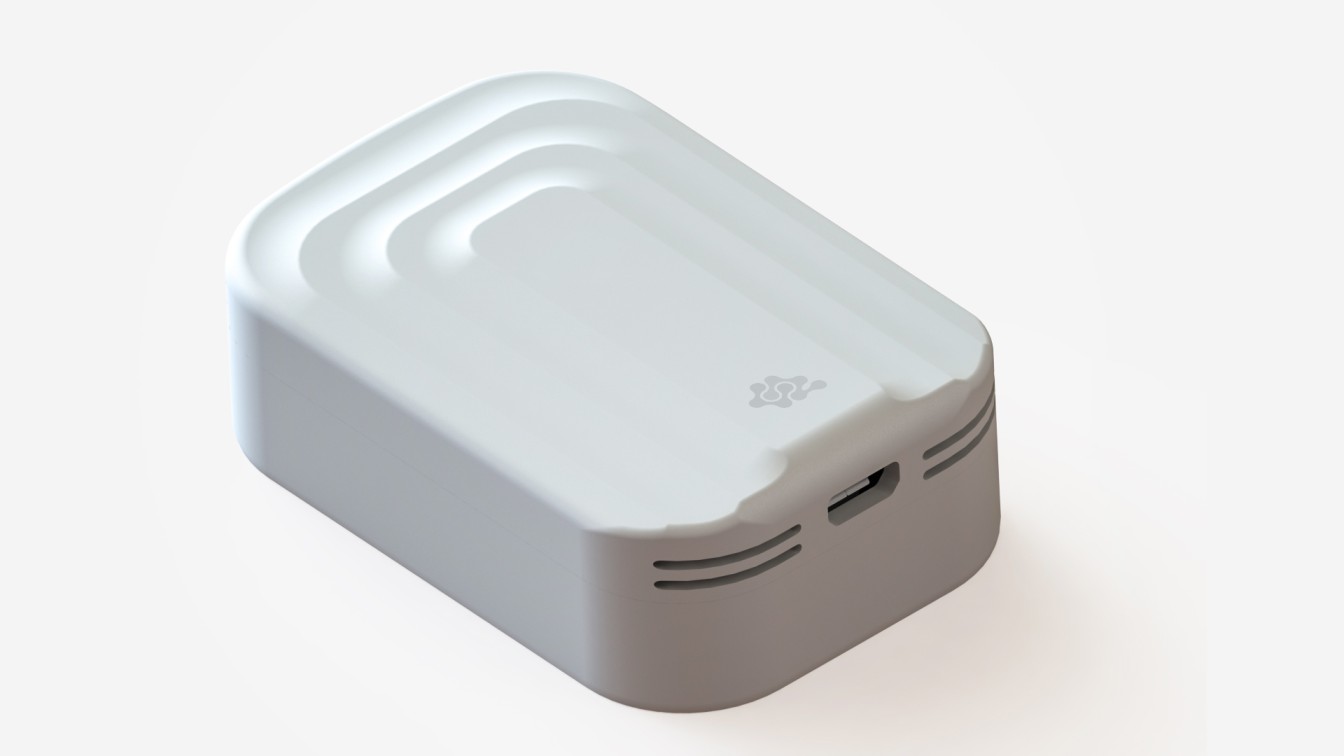
“We do this by spreading our wireless mesh enabled hardware for sensing various parameters lights, temperature, humidity, air quality, CO2 and motion, and controlling equipment with our devices like Smart Thermostat, Smart Drivers, Wireless Access Controls, which sends data to our AI-driven analytics platform,” Garima says, adding, “Once detected, the data is crunched it is relayed to the wireless controller to ‘control’ all these functions without human touch.”
However, Garima tells The Better India that to make such a device, it took her 1/5th of a traditional BMS cost. Asked why and she says, “To create the most basic BIOS system costs $2.5 per square foot, depending on what modules you choose from a BMS. But our most advanced BIOS, with 12 integrated solutions, costs 1/5th of $2.5 per square foot. This is because BMS as an industry thrives on servicing not the product. Not only is the product expensive, but maintenance and servicing are what is most expensive. Since we are looking at small and medium-sized markets, for whom cost efficiency is crucial, we forged many partnerships on the hardware side. Qualcomm is one of our mentors who connected us to their global partners. With the partnerships, we were able to find out cheaper alternatives which were equally robust. We always looked at reducing our BOM (Bill of Materials) cost. Testing, procurement and design were done in house to reduce the cost further.”
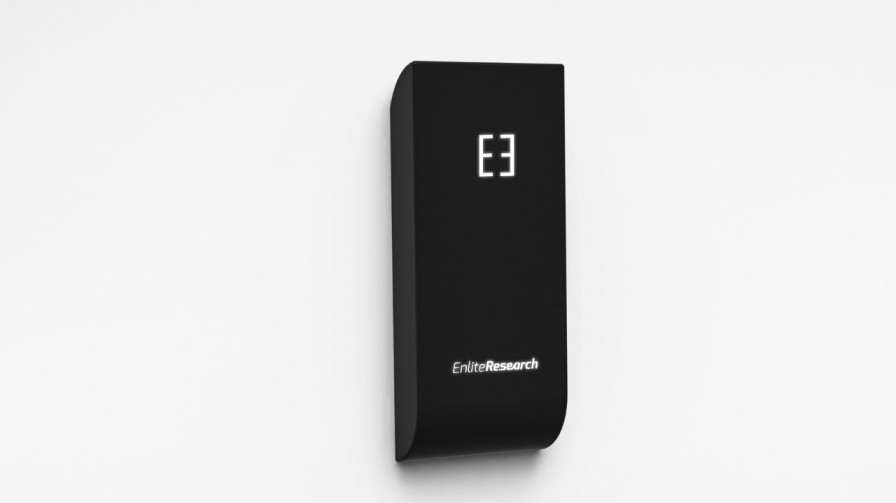
But is there any cost-saving? “When we deployed our solution in Mumbai, we were able to save 30% on the energy bill amount within the first month. The AI algorithm also enabled us to tell our client how under provisioning their building was, and the next month, with the suggested changes by the algorithm, we were able to save 35%,” she says.
Garima further explains, “The Energy and Resources Institute (TERI) estimates that the buildings sector also emits 19% of the energy-related GHG emissions. Major sources of inefficiencies stemming from — space cooling, appliances, and other plug loads. A smart building can improve traditional evaluation methods. It is reasonable to expect savings potential in the range of 30-70% when implementing proactive energy-management programs in mid-sized buildings. We have seen savings on energy bills amount from anything between 20-40% till date. We have also seen payback periods, or Return on Investment for our BIOS, as low as 6 months.”
While “potential savings of up to 70%”, Garima says, was noticed when it comes to universities like IIT-Bombay, the duo is also working with another large university in Gujarat.
“Till date, we have installed BIOS in three different buildings and our earlier BMS have been adopted by 10 different companies,” she says.
Is this a feasible solution?
Friends and family funded the bootstrapped startup to the tune of $1 million. But the duo admit to challenges they’ve faced in marketing this product to the masses. “Energy saving is always on consumers’ minds. But there is a need to be more educated about an integrated solution. A big challenge here is the unwillingness to pay upfront for the solution because of which we had to change our business model,” Garima says, adding that there is a “lack of awareness, lack of inexpensive packaged solutions. Sometimes the owner is not the tenant, so has no incentive to invest in a BMS”.
She says, “We require a longer sale cycle to make our customers, understand, educate and then sell our product.”
The BIOS idea was to disrupt the BMS market by providing a low cost, wireless, flexible, comprehensive building level operating system with human centricity. Gaurav adds, “I firmly believe that the BMS Industry is ripe for disruption with few companies consolidating vast amounts of the market share and consumers using outdated technologies.”
(Edited by Vinayak Hegde)
This story made me
- 97
- 121
- 89
- 167
Tell Us More
We bring stories straight from the heart of India, to inspire millions and create a wave of impact. Our positive movement is growing bigger everyday, and we would love for you to join it.
Please contribute whatever you can, every little penny helps our team in bringing you more stories that support dreams and spread hope.






